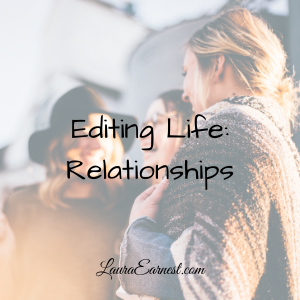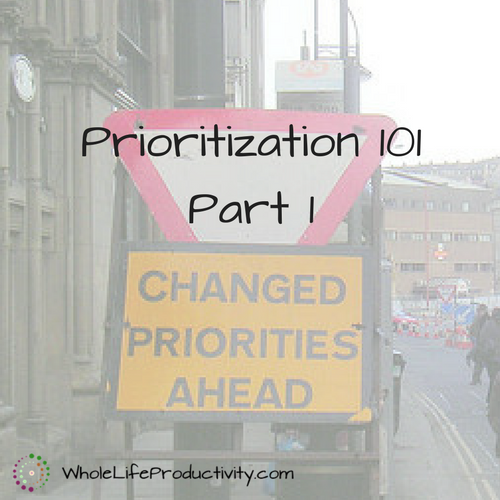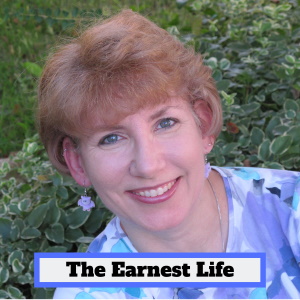
Editing Life: Relationships
Not all relationships are created equal. Some are great, supportive relationships, while others will suck the life right out of you.
After a round of social isolation, you are probably aware of the benefits and drawbacks of your various relationships. So today we will consider the last phase of our editing life series: relationships. As we emerge out of isolation and choose to restructure our lives, we can choose which relationships to nurture and which to let go of. It’s time to look at editing our relationships.
Some Are Found and Some Are Thrust Upon Us
There are three types of relationships we will have in our lives: relatives, commonality, and friends.
- Relatives Relative relationships are in our immediate lives (spouses, children), as well as families of origin, and in-laws. We generally have a choice of our spouse, but not the others.
- Commonality. These are the people that we have to interact with on a regular basis. They could be coworkers, neighbors, people you serve on committees with, fellow church members. The relationships are there because of some sort of commonality, be it employment, interest group or living situation.
- Friends. These are the people we choose to be and/or communicate with. They may have started out as commonality relationships, but have expanded beyond the boundaries of the common activity.
How To Tell If A Relationship Needs Consideration
There is a great way to tell if you really need a particular relationship in your life: consider how many times you have reached out to them while you were in isolation. If you didn’t reach out at all, how do you feel about it? (It’s OK to be OK with it.)
There’s also another feeling that plays in: if you have an interaction with someone, how do you feel afterwards? Drained? Energized? Supported? Criticized? Your gut will let you know.
Surrounding ourselves with people who are less than supportive will take our energy and make everything seem more overwhelming. So look at your relationships, and see if there are any you would like to edit.
Friends
The best of the bunch are the people you choose to be around who make you feel supported and nurtured. This won’t be all the time, as all friendships have give-and-take phases. But you can see the ebbs and flows.
If there are people you haven’t reached out to during isolation who fall into this category, reach out to them now. Do your best to catch up and restore the friendship. There are plenty of ways to interact, from email to physical letters/cards to phone calls to video chats.
Some friendships will fade over time, as life interests and geography pull us apart. You can still reach out to these people, even if it has been several months. Friends understand.
If you have a friend who is overly critical, dominating, needy or such, ask yourself if there are any positives you are getting from the relationship. You can either let the friendship fade, or specifically take action to end it. It is up to you.
Commonalities
We need to interact with people in a variety of settings. Now that most of these interactions are on hold, it is a good time to evaluate them, and to come up with strategies if they are relationships you would prefer not to continue if you had the choice.
For a difficult or overly intrusive coworker, you have probably had a few months’ break. As you move back into a situation where you will be more involved with this person, develop some “outs” such as giving the excuse of getting back to work if a conversation should stray off work topics.
For the overbearing church member who always wants to draft you to do something, you have probably not had to deal with it for a couple of months. In this case you can practice saying “no” or get very good at finding someone on the other side of the room you need to talk to.
In every case with a commonality relationship that gives you discomfort, find ways to counteract the reasons it makes you uncomfortable, whether it is physical moving away to turning your attention elsewhere.
Relatives
Most of us don’t get to choose our relatives. Unlike commonalities, relatives are with us until death. And some relatives can leave us wishing for death – ours or theirs.
All joking aside, I don’t know a single person whose relative relationships don’t resemble a minefield. There always seems to be at least one relative that is a polar opposite in religion, politics or other hot-button topics. And for most people, that person is the one who is the most vocal.
Family exposure can vary based on how close the family lives to you. For one of my friends, her mother-in-law two doors down, and (before the divorce) the mother-in-law would pop in at all hours of day and night and offer “suggestions” (criticism). She would alsocalling my friend at work to criticize. These episodes, on top of the stress of the divorce, left my friend in tears several days a week.
(A great piece of advice I once received, and passed on to my friend, was that just because the phone rings doesn’t mean you have to answer it.)
As with commonality relationships, the key here is to discover what makes you uncomfortable and then come up with strategies to deal with it.
I never talked politics with my mother because we were on opposite ends of the spectrum. (Until I pointed out that supporting a union-busting governor was stupid when she lives on a Teamster’s pension). I have relatives that love to gossip about my large extended family. I learned to turn the subject in both cases.
Danger Will Robinson! Danger!
Not all friends/commonality relationships/relatives are healthy. There are a lot of abusive people in the world.
I am not a doctor or therapist, but I urge anyone who is being abused (mentally, emotionally or physically) to seek outside help in dealing with these people. It can be very difficult to break these ties.
I know this from direct experience. I had to break all ties with my father for the last 20+ years of his life because of the abuse. I did it with help from supportive and caring professionals. It was not easy, and there are those who will probably never forgive me. Some of my relatives have taken to pretending I don’t exist – to the point of writing me out of my father’s obituary. But again, with the support of caring professionals, I came to terms with it, and moved on.
If you are in danger, please reach out and get some help. No one deserves to be abused.
Over To You
Has the isolation of the past few months caused you to evaluate your relationships? Do you have any tips to add? Please share below.




